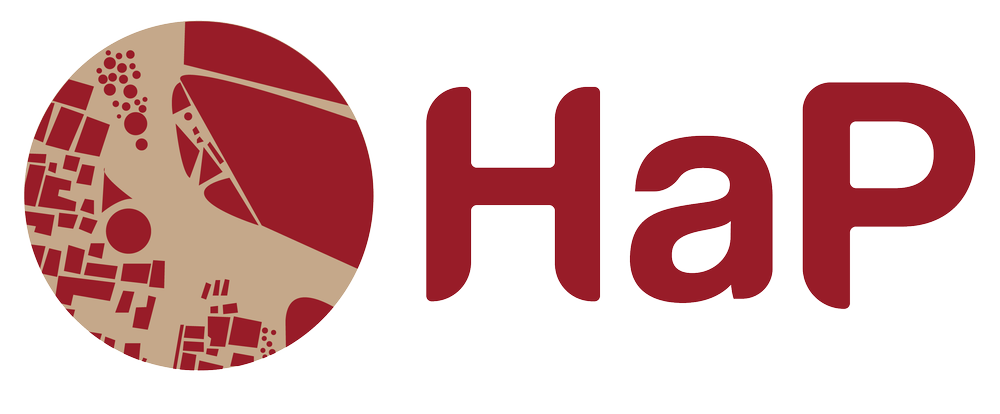Two members of the HaP research team, Monica Mottin and Stefanie Lotter, co-convened a panel at the EASA (European Association of Social Anthropologists) Belfast 2022 Conference. Their panel, titled Alter-heritage: Imagining South Asian heritage from the margins, aimed to explore forms of erasure of subaltern heritage and whether/how solidarities and commoning may facilitate the repositioning of heritage to question dominant historiography. The panel saw six papers presented from Katja Mueller, Katja Mielke and Helena Cermeño, Cameron Warner, Sasi Kumar, Shobhit Shakya, Ulrik Hoj Johnson.
Dr. Lotter and Dr. Mottin now plan on producing an edited special journal issue with the topic of alterity in focus.
Panel abstract: Heritage is as much about the past as it is about the future. But not everyone has an equal say in shaping the future. In South Asia in particular, heritage is co-opted into local, ethnic, and national/ist politics to justify claims to place, erase, silence, or marginalise histories of subaltern voices, even more so when a global crisis like the Covid19 pandemic further widens pre-existing inequalities. Bettina Arnold argues that "erasure of the past can be a creative force as well as a destructive one" when selective editing of the past results in the "preservation of only some parts of the archaeological or textual record" (2014). Erasure of the past can take different forms but through selective destruction of heritage or lack of care and solidarity, alternative historical perspectives are selectively silenced and erased when they do not conform with the dominant agenda towards history. Who has the power of doing the "erasing"? How does erasure of cultural heritage take place and how is it justified? How are capitalism, neocolonial ideologies and internal colonialism paving the way for processes of erasure? Can commoning and solidarity across subaltern groups reposition heritage to challenge dominant historiography? How does erased heritage resurface and what does such decolonised or localised heritage look like?
We welcome ethnographic studies and theoretical contributions that question hierarchies and elaborate on the solidarities necessary to erase or counter the Authorised Heritage Discourse (Smith, 2006). We seek to learn how tangible, intangible, everyday or natural heritage is altered.
